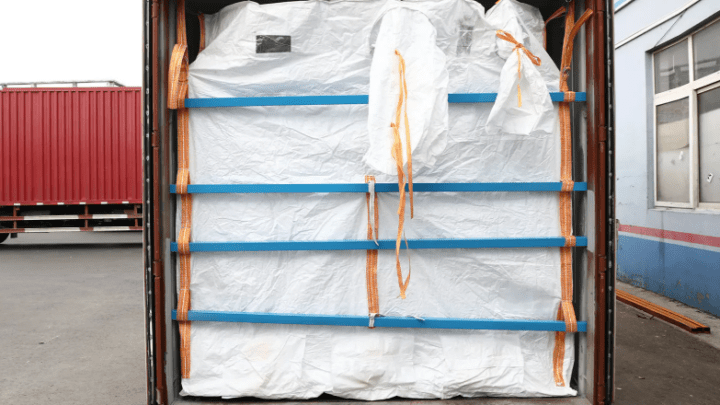
The general approach provides the Council presidency with a mandate for negotiations with the European Parliament on the final shape of the regulation and is aimed in particular at the logistics of plastic pellets which are often transported in standard containers fitted with dry bulk liners.
A statement from the Council said the new rules will help to improve the handling of plastic pellets at all stages of the supply chain and “could reduce plastic losses to the environment by up to 74 percent”.
When plastic pellets are unintentionally released into the environment, it is often due to a lack of awareness and poor handling practices by economic operators, carriers and sea-going vessels. Once lost to the environment, it is almost impossible to recapture plastic pellets, and they are easily scattered over large distances by wind and water streams, the Council stated.
In accordance with the new rules and depending on the size of the installation or transport activity, operators will have to follow best handling practices. Both EU and non-EU carriers would be obliged to prevent plastic pellet losses, as well as to clean them up should they occur.
Maritime transport accounted for around 38 percent of all pellets transported in the EU in 2022. Therefore, the Council has introduced specific obligations regarding the transport of plastic pellets by sea (in freight containers), including ensuring good quality packaging and providing cargo-related and other technical information. This is in addition to the obligations related to the transport of plastic pellets by road, rail and inland waterways, as set out in the Commission’s proposal.
According to the new rules, national authorities will have to conduct environmental inspections and take other verification measures as part of a risk-based approach.
To prove their compliance, larger operators will have to obtain a compliance certificate issued by an independent third party. According to the general approach, all companies (excluding microentreprises) are covered by this obligation if they handle more than 1,000 tonnes annually. The Council has given small enterprises four years to comply with this obligation.
Companies handling less than 1,000 tonnes annually will have to issue a self-declaration of conformity.
